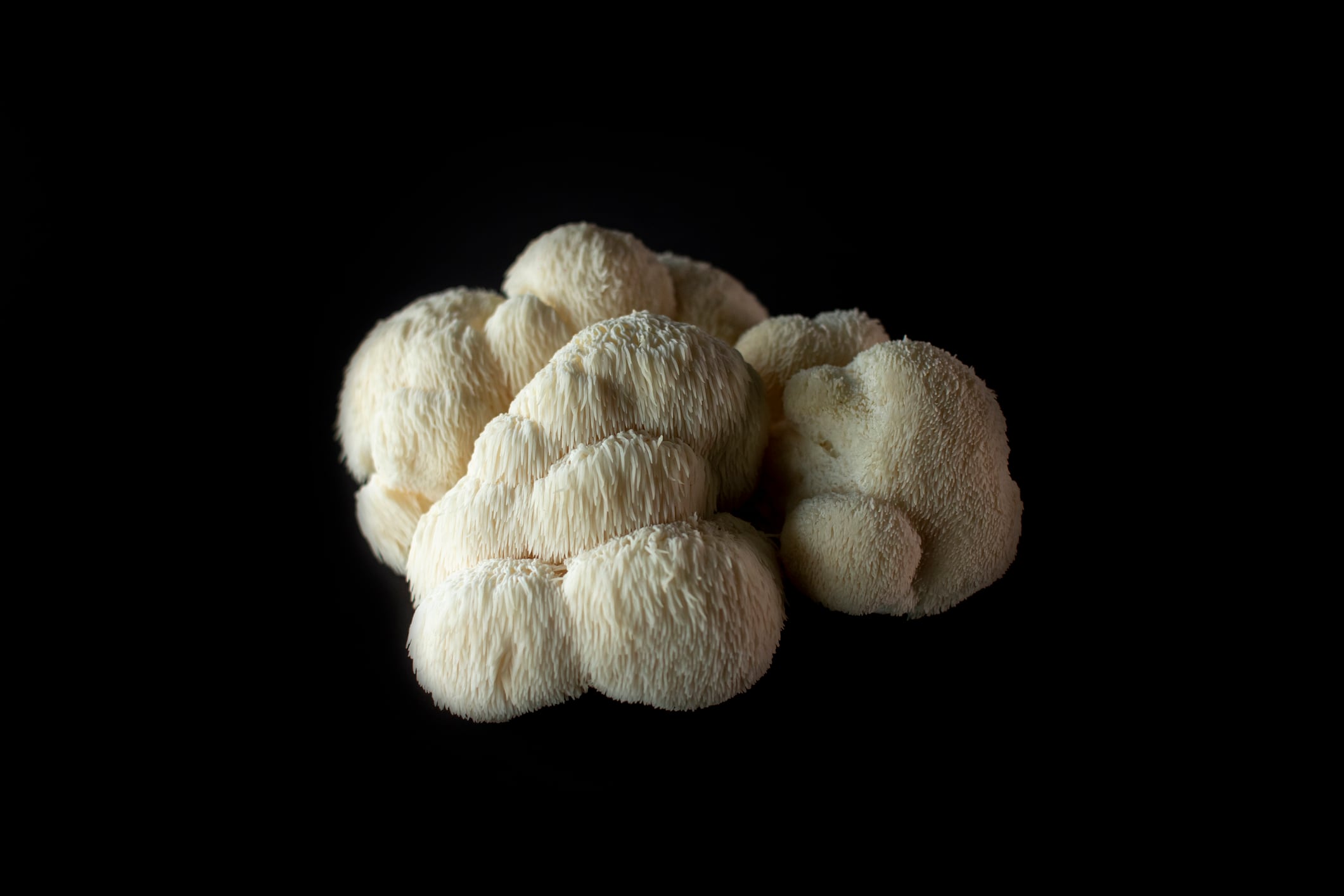Reishi (Ganoderma sichuanense), the polypore fungus native to East Asia, has long been revered in Traditional Chinese Medicine for its associations with spirituality and longevity.
“It was called the ‘Mushroom of Immortality’ and was often depicted in classical Chinese art. Its calming, nourishing properties gave rise to the more recent Western-friendly nickname, the ‘Queen of Mushrooms,’” Robin Gurney, director of the Estonian certified organic mushroom extract supplier Musheez, told NutraIngredients.
“Scientifically, its status was reinforced in the 1970s when researchers in China and Japan identified powerful beta-glucans and unique triterpenoids that activate the immune system and support overall health — compounds not found in the same concentrations in other mushrooms,” Gurney said.
Research demonstrates reishi to have immunomodulatory, anti-inflammatory, and adaptogenic properties, and according to data from Data Bridge Market Research (Jun 2022), the global reishi market is projected to grow at a compound annual growth rate (CAGR) of 8.10%, increasing from USD 5.10 billion in 2021 to USD 9.51 billion by 2029.
The mushroom category as a whole is reportedly the fourth-largest in the ingredient space, a growth attributed to consumer demand for cognitive health products. Yet during an on-stage discussion at the recent NutraIngredients Active Nutrition Summit held in Vienna, Gurney, along with other expert panelists, noted that it has fierce competition as younger generations are seeking quicker, tangible effects.
“Demand for reishi continues to grow. That said, its effects are more subtle compared to high-performance mushrooms, so it may not stand out in today’s fast-paced wellness market,” Gurney told NI.
Generational mushroom preferences
According to Gurney, younger consumers are driving the current popularity of ‘life performance’ mushrooms like cordyceps and lion’s mane, particularly being drawn by their immediate, noticeable effects such as boosted focus, energy, and mood.
“They’re part of a broader lifestyle stack where quick results are expected, and perceived ‘wins’ get shared socially, creating a viral effect,” he said.
In contrast, reishi has less appeal among this demographic, as its effects are more subtle and gradual. It is recognized for its calming qualities and is promoted to support sleep, stress reduction, and recovery.
However, Gurney forecasts that as younger people age or shift their priorities, many may ‘rediscover’ reishi for its long-term benefits, suggesting that lion’s mane may experience a transient popularity compared to reishi. He explained recent research conducted by Musheez found that many ‘hyped’ lion’s mane products lacked authenticity or were heavily diluted with fillers, raising doubts about their actual benefits.
“In those cases, user experiences may be driven more by placebo or marketing than real bioactivity,” he said.
“Reishi, on the other hand, has a longer track record, deeper roots in traditional use, and more distinctive compounds — so while it may be slower to catch on with younger audiences, it’s likely to play a steadier, longer game.”
Enhancing reishi’s appeal
To broaden reishi’s appeal, especially among younger, wellness-driven consumers, Gurney explained that brands are adopting more active and innovative strategies.
“We understand many modern consumers prefer blends, especially to mask reishi’s natural bitterness - a sign of its ganoderic acids,” he said. “We anticipate reishi becoming more central in blend formulations for holistic health.”
Gurney also noted that there is a resurgence of traditional reishi uses actively influencing today’s product formulations, particularly in categories focused on sleep, immune health, and emotional resilience.
“The traditional associations with longevity and spiritual balance are being reinterpreted for modern needs — particularly in areas like recovery, nervous system support, and even skin health,” he said. “Some of that ancient wisdom is definitely finding its way back into new products.”
However, to continue reishi’s ‘queen’ status, there are some obstacles that need to be addressed. He noted that gaps in research need to be addressed for broader acceptance, including the lack of human clinical trials and the need for clearer data on its efficacy at various dosages. Additionally, it will be key to seek a better standardization of ganoderic acids —a group of bioactive compounds in reishi that are frequently “underemphasized in commercial products”.





